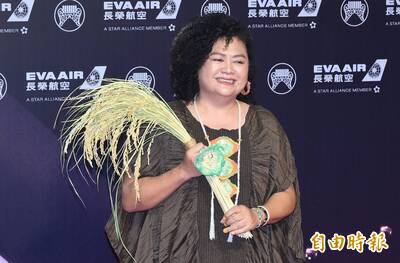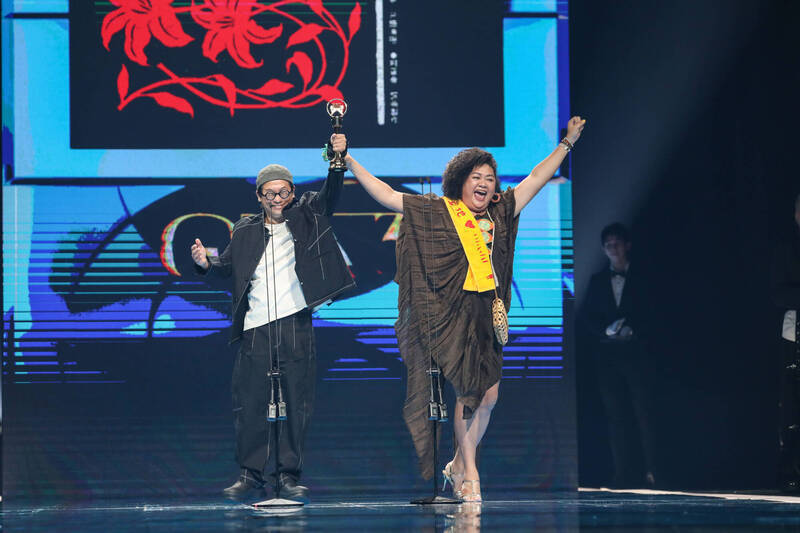《TAIPEI TIMES 焦點》 MOE floats third semester trial balloon
By Rachel Lin and Jake Chung / Staff reporter, with staff writer
The Ministry of Education (MOE) is mulling a plan to provide a legal basis to institute a third semester in elementary and junior-high schools, an idea that has already prompted a mixed reaction from educators, parents and students.
A ministry official said the proposed summer semester is part of a five-year program to expand upon the 12-year national education program by making changes to schools’ admission systems, allowing students to attend institutions closer to home, making changes to remedial education, encouraging schools to develop their own individual characteristics and increasing educational quality in rural townships.
The third semester would not count toward overall academic scores, but would give students more time to effectively cover course materials, K-12 Education Administration Director Wu Ching-shan (吳清山) said.
The courses would include local languages and culture, information technology, arts, foreign languages, physical education and remedial classes on basic subjects, Wu said.
Students in rural areas who lack scholastic aptitude could use the third semester to catch up to their urban peers, Wu said.
Under the proposal, the four-to-five-week-long summer semester would still leave about three weeks of vacation for elementary and junior-high students, Wu said.
Many junior-high schools already hold summer classes, but those are more focused on core courses such as Mandarin, English and mathematics, Wu said, adding that it would be much better if the schools used the time to teach foreign languages, arts or physical education.
Schools in the US often offer summertime classes that focus on core courses to help disadvantaged students, although the ministry’s plan is substantially different from those, Wu said.
The ministry would be handling the fees for 100 elementary schools and junior-high schools selected to stage trial runs of a summer semester, Wu said.
Pingtung County education bureau head Yen Ching-hsiang (顏慶祥) said the current attitude toward coursework was too rigid and the idea of a third semester would give many students a chance to try subjects that they might otherwise not have time to pursue.
The proposal also offered an option for teachers who might lose their jobs as the nation’s birthrate continues to fall, leading to declining school enrollments.
The ministry’s announcement was met with skepticism by academics and students, but some parents said they liked the idea.
National Alliance of Parents Organization chief executive Gordon Hsieh (謝國清) said a third semester would only put more pressure on students, and the ministry should seek to change the current syllabus instead of adding to students’ workload.
“Learning is not about quantity, it is about quality, and the ministry should recognize that,” Hsieh said.
One parent called the Chinese-language Liberty Times (the Taipei Times’ sister newspaper) to say that her daughter cried when she heard that she would have to take classes over the summer vacation.
However, some parents said they were happy that they would not have to worry about arranging for summer vacation childcare while they are at work.
新聞來源:TAIPEI TIMES




















